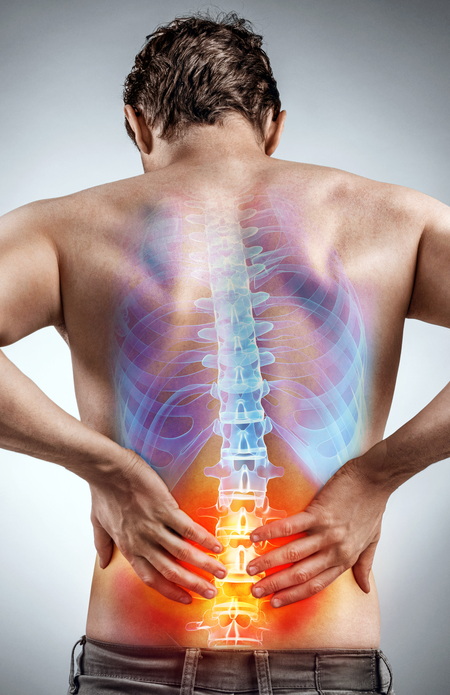Call Us - (44) 123 456 7891
Welcome to Claybrook Medical Services

Patient Care & Health Information
Sciatica - Diagnosis & treatment
If you’ve been experiencing tingling or numbness down your legs, along with pain in your lower back and hip then you may be experiencing sciatica. Other symptoms include shooting pains that can make standing difficult. Sciatica can be caused by a problem with the spinal canal or the discs which cushion the vertebrae of the spine. In some cases pregnancy can bring about sciatica, as can muscle inflammation or injury. Our therapists will diagnose sciatica and administer the relevant treatment, including hot and cold massage and carefully calibrated stretching exercises. For some patients, sciatica requires surgical intervention, in which case our therapists will be perfectly placed to administer physical therapy to aid the post-operative rehabilitation process.
Contact us to schedule your Treatment today!
Find out moreWhen is physiotherapy used?
Physiotherapy can be helpful for people of all ages with a wide range of health conditions, including problems affecting the:
- bones, joints and soft tissue – such as back pain, neck pain, shoulder pain and sports injuries
- brain or nervous system – such as movement problems resulting from a stroke, multiple sclerosis (MS) or Parkinson's disease
- heart and circulation – such as rehabilitation after a heart attack
- lungs and breathing – such as chronic obstructive pulmonary disease (COPD) and cystic fibrosis
Physiotherapy can improve your physical activity while helping you to prevent further injuries.


Physiotherapists
Physiotherapy is provided by specially trained and regulated practitioners called physiotherapists. Physiotherapists often work as part of a multidisciplinary team in various areas of medicine and settings, including:
- hospitals
- community health centres or clinics
- some GP surgeries
- some sports teams, clubs, charities and workplaces
Some physiotherapists can also offer home visits.
What physiotherapists do
Physiotherapists consider the body as a whole, rather than just focusing on the individual aspects of an injury or illness. Some of the main approaches used by physiotherapists include:
- education and advice – physiotherapists can give general advice about things that can affect your daily lives, such as posture and correct lifting or carrying techniques to help prevent injuries
- movement, tailored exercise and physical activity advice – exercises may be recommended to improve your general health and mobility, and to strengthen specific parts of your body
- manual therapy – where the physiotherapist uses their hands to help relieve pain and stiffness, and to encourage better movement of the body

Frequently Asked Questions
Where can I find a physiotherapist?
Physiotherapy is available through the NHS or privately with Claybrook Medical Services.
Do I need a referral from my GP to have physiotherapy?
You may need a referral from your GP to have physiotherapy on the NHS however Claybrook Medical Services accept direct self-referrals.
Why should I use Claybrook Medical Services over the NHS?
Waiting lists for NHS treatment can be long that’s why a lot of people choose to pay for private treatment with Claybrook Medical Services.
How soon can I see a physiotherapist?
Usually a physiotherapist can see you within a week from first enquiry.
- Nullam dictum felis eu pede mollis pretium.
- Vivamus elementum semper nisi.
- Donec vitae sapien ut libero venenatis faucibus.